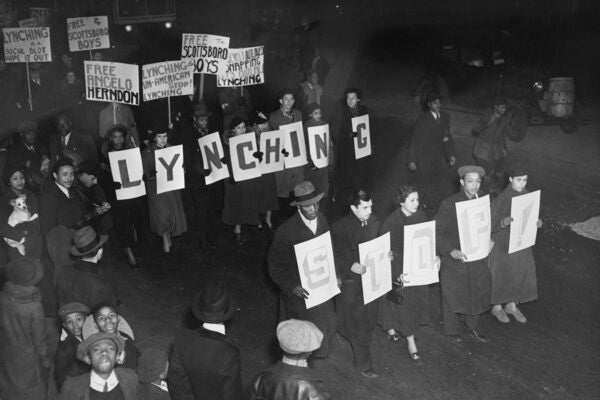Inventing Silk Roads
The idea of a Silk Road, though it conjures up visions of exotic goods passing between Asia and Europe via ancient trade routes, is a thoroughly modern one.
The Mayaguez Incident: The Last Chapter of the Vietnam War
Reeling from defeat in Vietnam, the US invaded a Cambodian island to rescue a US freighter—just before its crew members, who were elsewhere, were released.
Verbatim: Fredric Jameson
Marxist cultural critic Fredric Jameson offered a philosophy of late capitalism that gave us a language for talking about globalization and the end of modernism.
Life, Liberty, and the Pursuit of Lust
The turn from punishing sexual activity outside of marriage toward the idea of personal sexual freedom began in the West between 1600 and 1800.
The Merchants of Venice—In Code
Sixteenth-century Venice conducted its affairs in code, so much so that cryptology was professionalized and regulated by the state.
Global Gentrification
The transnational mobility of lifestyle migrants and digital nomads has led to the globalization of rent gaps and the pricing out of locals in some cities.
The Lemon Gang: Citrus and the Rise of the Mafia
Poverty, disparities in wealth, widespread brigandage, and the dissolution of the feudal system enabled the predatory practices of Sicily’s citrus mafia.
Dr. Sex and the Anarchist Sex Cookbook
Known for his runaway bestseller The Joy of Sex, Alex “Dr. Sex” Comfort was an anarchist and a pacifist who preferred love and sex to war crimes.
Genesis of the Modern American Right
During the Great Depression, financial elites translated European fascism into an American form that joined high capital with lower middle-class populism.
Richard Gregg: An American Pioneer of Nonviolence Remembered
Gregg was one of the first translators of Gandhi’s methods of nonviolent resistance for the West.
The Long Civil Rights Movement
The “master narrative” of civil rights in the United States obscures the history of a more radical civil rights movement that stretches to the 1930s.
Like, It’s a History of Air Guitar, Dudes!
With roots in the motions and biases of vaudeville, burlesque, mesmerism, and minstrelsy, “air playing” with imaginary instruments long predates rock music.
Policing the Holocaust in Paris
Unlike in the rest of Nazi-occupied Europe, the arrest of Jewish people was largely in the hands of ordinary policemen in France, especially in Paris.
Biking While Black in DC
Because of its political structure, Washington became a test case in federally mandated laws that enabled racially discriminatory policing of public space.
Women Warriors Make Great Propaganda
The presence of female fighters gives legitimacy to armed rebellions and increases the chances of support from international NGOS and other external actors.
Taiping: China’s Nineteenth-Century Civil War
Partially coinciding with the American Civil War, the Taiping “Rebellion” in China was one of the most destructive conflicts in history.
Defining and Redefining Intersex
The transatlantic circulation of ideas between Baltimore and Zurich consolidated and standardized treatments of intersex infants in the 1950s.
Painting Race
The construction and expression of race by skin color literally became visible in Western art in the eighteenth century.
Printing Anarchy
The stock figure of the “anarchist” is a bomb-thrower or assassin, but political scientist Kathy E. Ferguson argues it should be a printer.
Imperial Humo(u)r
Imperialism, experienced as both royal subject and new colonizer, has been a key element in the development, continuity, and disruption of American humor.
Archaeology of the October Cuban Crisis
A contemporary archeology project studying the remains of the Cuban Missile Crisis of October 1962 reveals the human face—literally—of the conflict.
All The Way With LBJ?
In March 1968, US President Lyndon B. Johnson announced he would neither seek nor accept the nomination of the Democratic Party. That wasn’t the whole truth.
Staying Cool: Helpful Hints From History
Take a look back at how others have survived—and thought about—the high heat of summer.
The History of Peer Review Is More Interesting Than You Think
The term “peer review” was coined in the 1970s, but the referee principle is usually assumed to be as old as the scientific enterprise itself. (It isn’t.)
Battery X: A Secret Test of Women at War during WWII
Although their contributions have been largely forgotten, women played an active role in Washington DC’s air defense system during World War II.

























